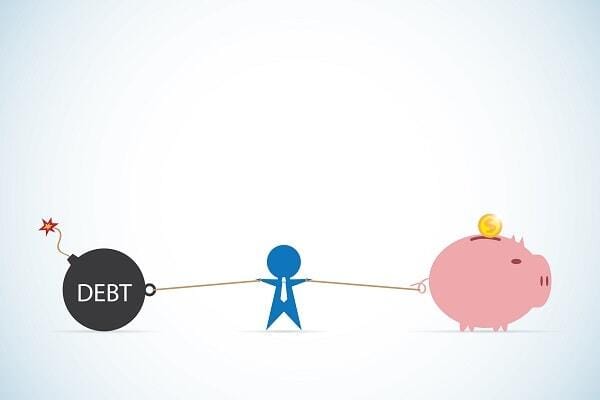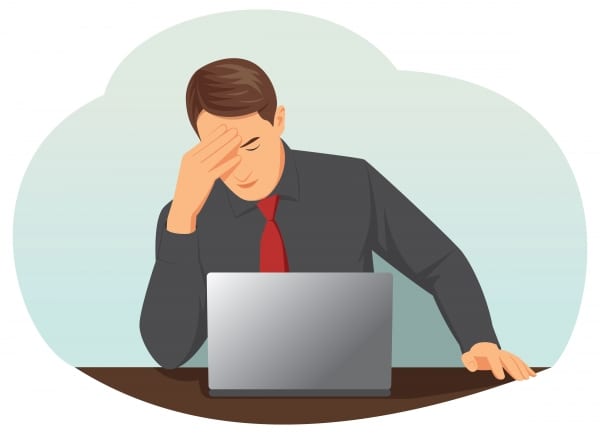Bankruptcy is a highly dreaded word in the realm of financing and getting a business loan despite bankruptcy is a bit difficult. Even though it is dreaded, many people end up in a situation in which filing for bankruptcy is the only solution they have. Nonetheless, considering that you’ve done that in the past, a looming question is can I apply for business loans regardless of that? As you might expect, the answer to this question isn’t a fixed one – there are many factors that should be considered, which we’ll outline in the present article.
Bankruptcy Can Be a Fresh Start
Irrespective of the negative connotations associated with bankruptcy, you should note that this isn’t the end of the road – or at least it shouldn’t be this way. Even though it isn’t an easy thing to do, the most challenging process follows after filing for bankruptcy. This refers to aiming at rebuilding your finances and credit.
Generally speaking, a bankruptcy statement will remain on your credit for a few years’ time. Therefore, if you apply for business loans afterward, your capability of getting financing won’t be affected in any way. On the other side, if the bankruptcy statement still is still present on your credit report, which will, inevitably, impair your creditworthiness and reliability as a borrower.
Can I Apply for a business loan despite bankruptcy?
Yes. But bear in mind that your options will be limited. Generally speaking, the longer you wait after you have filed for bankruptcy, the more likely you are to get convenient loan terms and interest rates. At the same time, there are some lenders that are more open to working with you, as opposed to traditional banks whose lending criteria are rather stringent.
Nevertheless, the downside is that the interest rates and additional fees will be significantly higher than they normally should. Therefore, before you apply for business loans, make sure that you can afford to make repayments. If you can’t, this will imminently worsen your financial situation. Evidently, applying for a loan when you’re struggling financially is a decision that requires a lot of consideration and in-depth thought.
The Differences Between Personal and Business Bankruptcy
Considering that you own a business which has established credit, you might have the option of applying for business loans. In this scenario, your firm’s credit rating will be taken into account. In other words, your personal bankruptcy file won’t affect your ability to get business loans in any way.
Your personal credit score is a major constituent for most lenders. That is to say, your credit rating and personal finances are of major significance, even though this is to your disadvantage. Hence, depending on the state of your finances, you might be unable to get financing. Or, your only option could be getting business loans with unfavourable terms and interest rates.
What Steps Can You Take?
Separate Business and Personal Finances
Before anything else, you should strive to distinguish between your personal and business finances. The thing is that, if your business is new, this might not be a possibility. But, if you’re an established business owner, you should definitely separate your personal finances from your firm’s finances. Otherwise, you are inevitably taking unnecessary risks.
Apply for Secured Business Loans
If you really need a form of financing, your only option could be using your valuable assets as collateral for new loans. By adding collateral, you are instantly minimising the lender’s risk when they borrow you the money. This could increase the likelihood of having your application approved.
Be Patient
If you need a business loan despite bankruptcy, avoid requesting a $500,000 loan immediately afterwards. On the contrary, take up smaller amounts of money instead, and focus on making the repayments – this will allow you to rebuild your credit and prove that you’re trying to get back on your feet.
Explain The Circumstances of Your Bankruptcy
Talking openly about the circumstances that led to your current financial situation can be helpful when you apply for a business loan despite bankruptcy. There are situations in which unexpected circumstances can cause unwanted complications. We’re referring to health problems, divorces, or natural disasters – these could seriously mess up your financial life without any fault of your own. Therefore, by being upfront and transparent, you can increase your chances of getting financing for your business.
At the end of the day, it is mandatory to comprehend that each lender has different criteria that ought to be taken into account. Do your research beforehand, so that you don’t end up sending numerous applications all around without any results. Australian Lending Centre can help you – make sure you visit our website to find out more about our loan offers.













